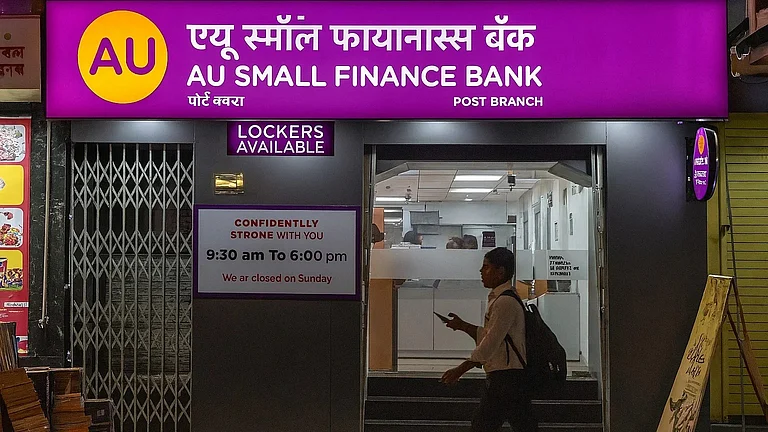The Securities and Exchange Board of India (SEBI) is investigating six domestic investment banks for discrepancies related to high fees charged by them in the initial public offering (IPO) by small business. The banks have been under the regulator’s radar for charging fees of nearly 15 per cent of funds raised through IPOs, Reuters reported, citing sources.
The unnamed investment banks have been under SEBI’s scanner for nearly a year now and have been charging much higher than the standard practice of 1-3 per cent in India. The probe is part of a broader effort by the regulator to make IPOs for small businesses more secure. Additionally, the regulator also aims to caution the investors about the dangers of putting money in some small businesses.
As Small businesses have fewer disclosure requirements as opposed to bigger ones in terms of annual turnover. Moreover, their IPOs are facilitated by the exchanges and not by the regulator. Reportedly, the regulator in its investigation found that the high fees charged by some investment banks are to ensure that the offerings get oversubscribed. SEBI is probing the nexus of activity between banks and some investors who disregard the rules to place huge bids both as high-net-worth individuals and as ordinary retail investors.
“These bids are not genuine and are cancelled at the time of allotment, but the high subscriptions end up attracting more bids and investments from other investors,” Reuters reported.
What has NSE done to curb malpractices for SME IPOs?
It is likely the regulator will come up with rules to prevent such malpractices and make IPOs for small-scale businesses safer and more secure.
Meanwhile, the national stock exchange (NSE) in August introduced additional criteria for listing small and medium enterprises (SMEs) on its platform, Emerge. NSE announced its move earlier to restrict certain entities allegedly engaged in fraudulent practices and manipulation in financial statements.
“The company/entity should have positive free cash flow to equity (FCFE) for at least two out of the three financial years preceding the application,” said NSE in a circular.
The emerge platform was initiated by the NSE in 2012 to help emerging businesses raise equity capital. SME gets listed on Emerge initially, and upon fulfilling criteria laid down by NSE, it can move to the mainboard. Within just 12 years of the platform, it has a listing of nearly 500 SME companies as of July this year. As more such companies are moving in the direction of public offerings, the chances of some intermediaries using it as an opportunity to indulge in fraudulent practices are growing as well.
































